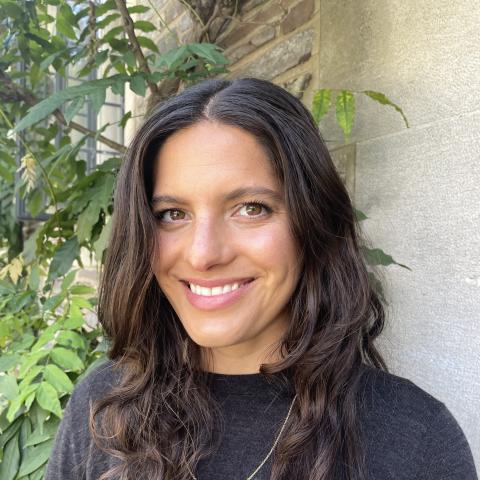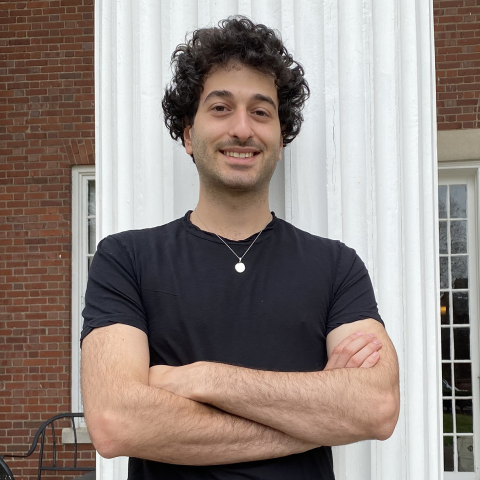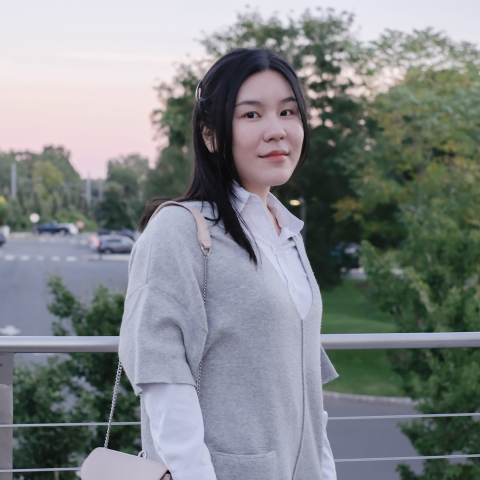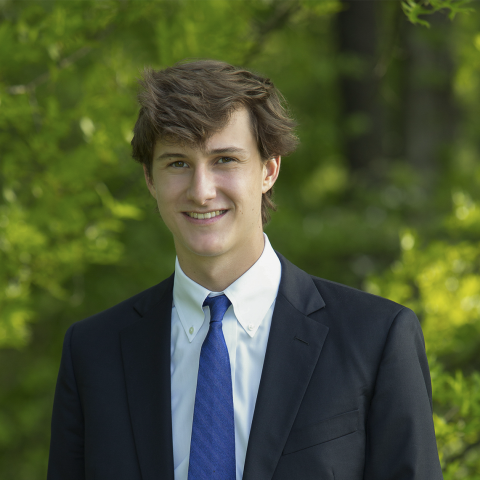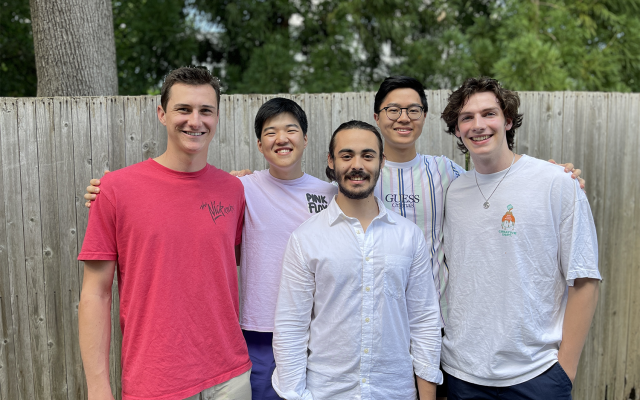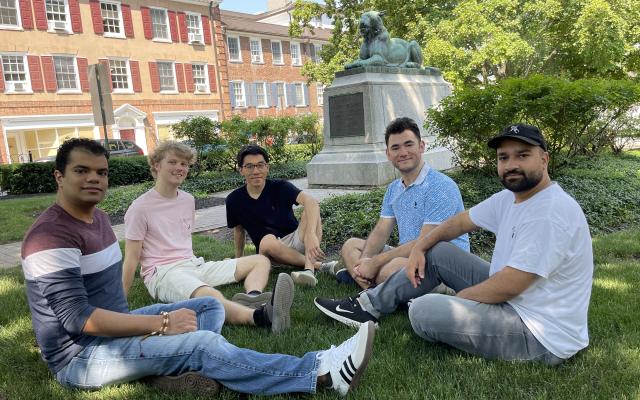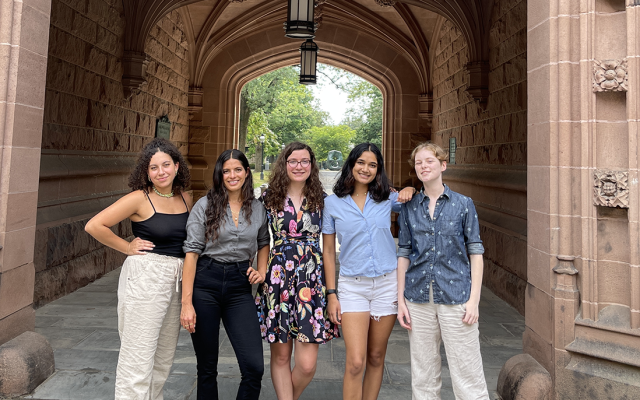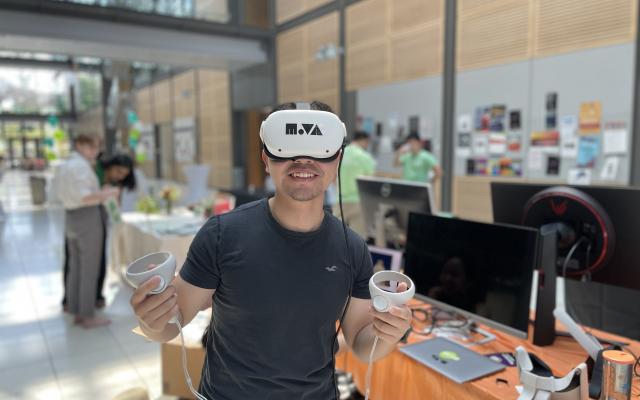
A psychology major researching human happiness develops an app to help people build connections. An English graduate student working to increase literacy rates creates a reading app for preteens. A team of architecture graduate students promoting art enrichment employs augmented and virtual reality technology to deliver an immersive, interactive art experience. This summer, the Keller Center's eLab Accelerator program was full of humanities-focused entrepreneurs.
Although the entrepreneurial space at Princeton is historically brimming with students in STEM (science, technology, engineering and math) fields, forty-five percent of this year's eLab Accelerator business creators have come from the humanities departments.
"Having the humanist's perspective in creating impactful innovations is essential," said Keller's executive director Cornelia Huellstrunk, which was the catalyst to why the Center is creating programs and curricula specially designed for humanities students.
Psychology major Donald Della Pietra and his team found themselves on stage at the 11th Annual eLab Demo Day. They were pitching their startup company Unite, a map-based, event discovery app that allows people to easily find activities in their area.
Pietra embraced an entrepreneurial mindset to address issues he saw percolating up during the pandemic; people feeling increasingly isolated and lonely.
Having focused his research on happiness, Pierta was keenly aware that engagement and connection are critical components of human happiness. So with the help of his computer scientist teammates, Pietra is combating loneliness and fostering happiness through his online platform that brings people together.
Kate Clairmont, a Ph.D. candidate in the English department, is no stranger to the startup world. She has worked at two early-stage companies and understands what is needed to build a successful venture. With that understanding and a desire to improve literacy rates, Clairmont founded Readwell, a subscription-based, distraction-free reading app that offers high-quality books to preteen readers.
While researching her dissertation on fairy tales, Clairmont discovered a treasure trove of high-quality, enriching, and thought-provoking children's literature, but it was not reaching its target audience. So she and her team of book lovers developed a curated library of beautiful stories designed to spark a lifelong love of reading in 8-12 year-olds.
Sophie Jiang is excited to bring her years of experience in architecture, design thinking, and art gallery exhibition into practice. She and her team of graduate architecture students have jumped into the business creation space to democratize access to art.
"The team's shared motivation in facilitating the psychosocial wellbeing of vulnerable populations with innovative technologies and designs was the driving force behind me joining this team," said Jiang. Their company, MoVA, Museum of Virtual Arts, uses delightfully entertaining augmented and virtual reality technology to create interactive art experiences.
Of course, there are STEM-based startups in the cohort. For example, engineers and mathematicians have come together to found Boreas, a lifestyle technology company producing low-cost portable personal air quality monitors. Its mission is to empower users to improve their wellbeing by providing instantaneous and long-term tracking of pollution exposure and airborne health risks.
Like Clairmont, Burke Pagano also has experience working in a startup company. That background and his entrepreneurial coursework have given him the confidence to found Sift, a sustainably-minded second-hand eCommerce marketplace for college students. They hope their swipe right-swipe left interface, inspired by dating apps, will resonate with their Gen Z peers.
We hope you can join us this evening as the cohort of humanists and engineers pitch their innovations at the eLab New York City Demo Day. Walk-in registration is available.
